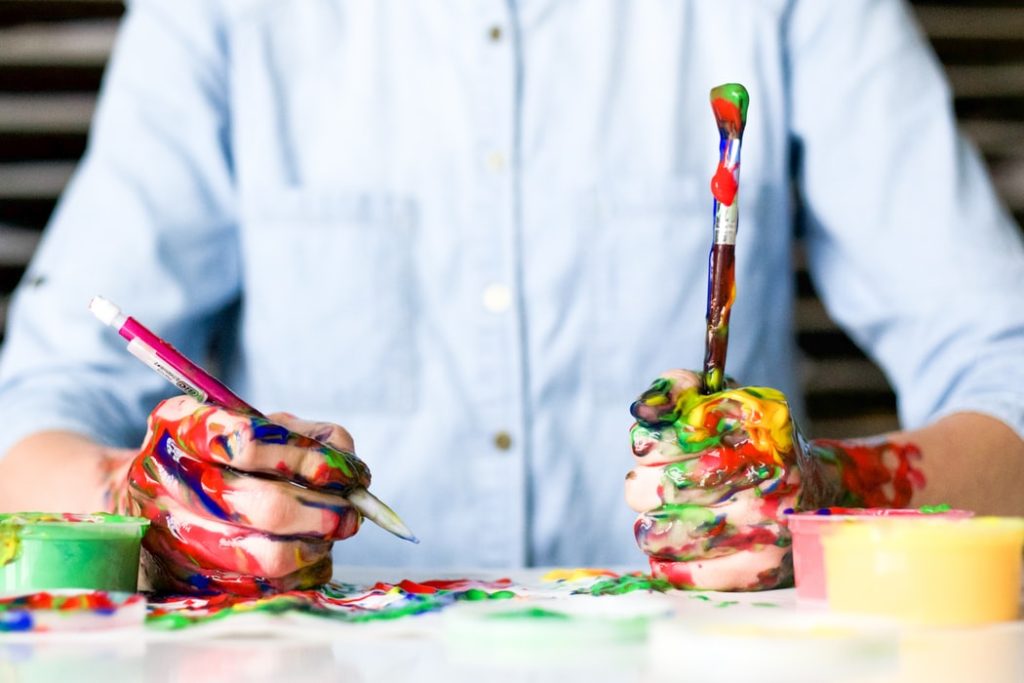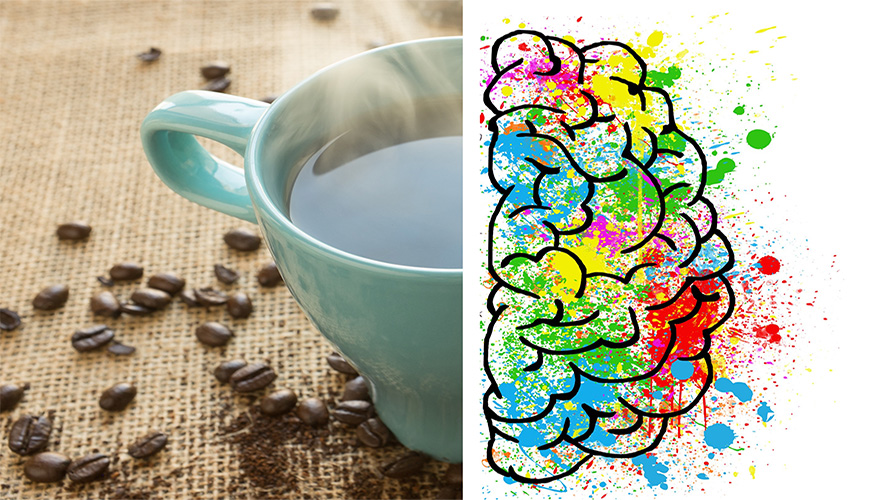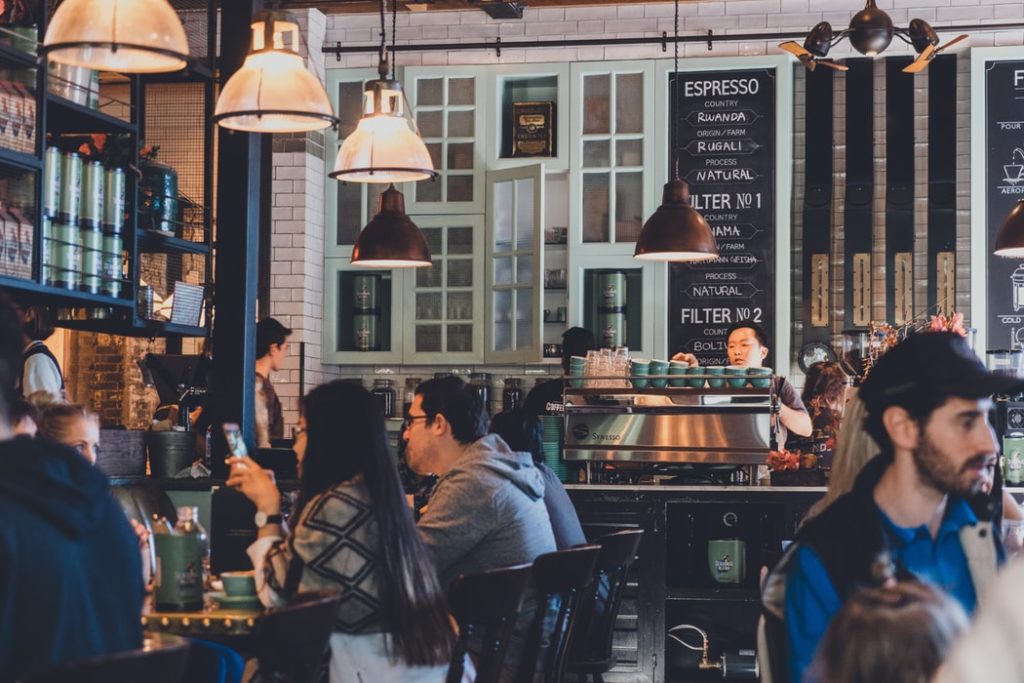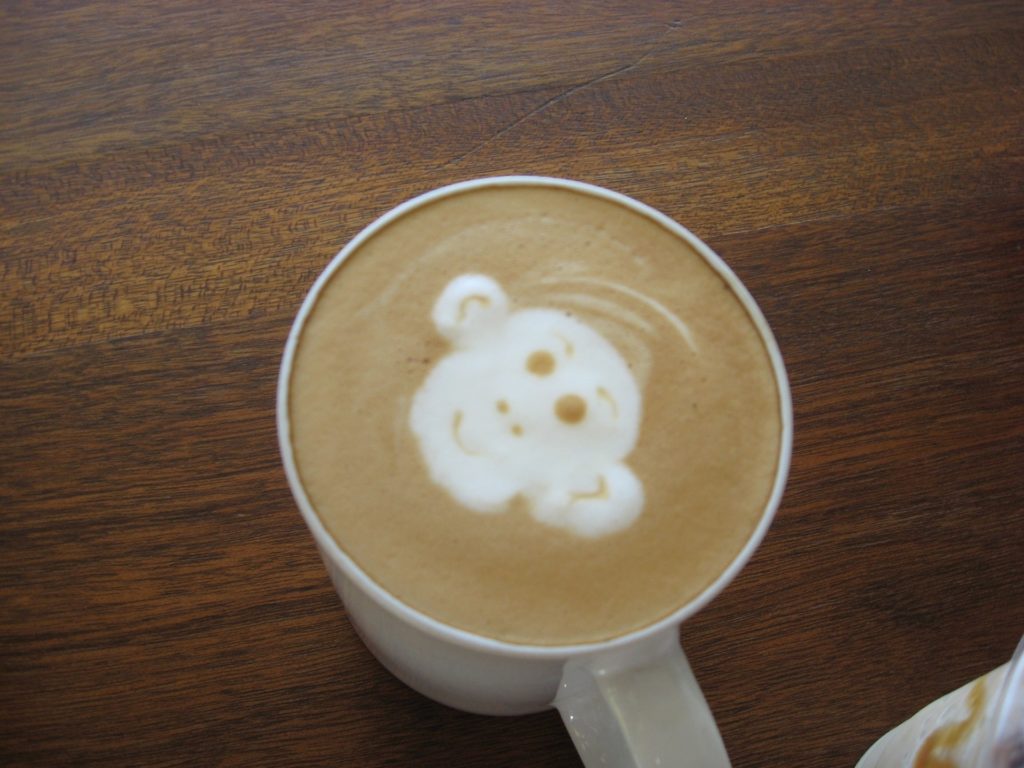Last updated on 2020/01/24
When was the last time you went to a Starbucks? As ubiquitous as they have become, that last visit was probably not too long ago. In fact, as of 2019 there were 30,246 Starbucks stores worldwide with 6,188 in the United States alone.
Besides the annual pilgrimages for the famed Pumpkin Spice Latte (disclaimer: no comment on this drink as the author has never tried one), Starbucks is continually rolling out new and inventive drink options. Per a statement in 2006 by a spokesperson for the brand, Lisa Passe, there are more than 87,000 inventive combinations possible at any single Starbucks location.
But I digress, as the creative efforts of a worldwide coffee chain are not the answer to this question.
Is this question better served to examine the effects of coffee on creativity?
We could go back to Starbucks to dive into this analysis, as coffee shops have long been synonymous with working and writing. Yet, this analysis must determine if this is due to the ability for the environment at a coffee shop to enhance the inventive and productive aspects of our own abilities, or is it due to the fact that besides quiet libraries, there are very few socially acceptable locations where a person can go sit indoors for hours at a time at 8pm at night without needing to order large amounts of food or getting celebratory beer spilled all over them while the game is on.
The answer to this aspect of the question is actually backed by science. Per a neat little site named Coffitivity, someone at the University of Chicago published a peer-reviewed study that investigated ambient noise and it was concluded that “A moderate level of ambient noise is conducive to creative cognition.” The obvious choice to experience this moderate amount of background noise is a coffee shop, right? I mean, it would be silly to experience random thoughts in a strange place like the shower!
Ok – this one can be chalked up to a somewhat positive “schmaybe“.

The other, larger half to this question must target the effects of drinking coffee against the cognitive boost or mental declination of the subject who is actually imbibing the drink.
There are many points of reference around this topic, but one general comment that popped up multiple times while researching this topic was an article by Maria Konnikova in The New Yorker:
…we do know that much of what we associate with creativity—whether writing a sonnet or a mathematical proof—has to do with the ability to link ideas, entities, and concepts in novel ways. This ability depends in part on the very thing that caffeine seeks to prevent: a wandering, unfocussed mind.
Well crap! Chalk up one in the loss column for the benefits of coffee here. Let’s see if we can back that up from another source. TED talks are always good sources for ideas and Mihaly Csikszentmihalyi, the author of Creativity: The Psychology of Discovery and Invention (amazon referral link), says the following about a person smack dab in the middle of the creative process:
He can’t feel even that he’s hungry or tired, his body disappears, his identity disappears from his consciousness because he doesn’t have enough attention, like none of us do, to really do well something that requires a lot of concentration and at the same time to feel that he exists.
At the risk of misinterpretation, this feels a lot like an argument for extreme concentration, something that the caffeine-laden coffee definitely helps with.
So these two ideas somewhat cancel each other out and we might be back to square one.
Or – we can choose to look at this same aspect of the original question from a slightly different angle. Sure, the creativity related to wild and big ideas may be assisted through some free association mind-wandering. However, when we step away from the whiteboard and actually need to be creative to get stuff done, higher focus and concentration are the tools that best accomplish these goals. And coffee definitely helps with those.
In meditation there is a term, “monkey brain”, which comes from Pantanjuli’s Yoga Sutras and is called Chitta Vritti “which literally translates from Sanskrit as the whirling of the mind stuff or mind chatter.” (How to conquer your monkey brain and calm your world)
Even the late Steve Jobs, who is generally revered as a creative genius, practiced meditation that either used this methodology or something very closely related in his own meditation practices.
Geoffrey James wrote an article for Inc.com describing the parallels of Jobs’ meditation with a world-renowned martial artist Yang, Jwing Ming. The article, titled How Steve Jobs Trained His Own Brain describes the process in 6 steps that works to quiet the “monkey mind“. This meditative technique seeks to quiet this noisy chattering and over time can bring a person to the point of stillness and quiet where the monkey mind finally takes a rest.
Mr. James contends that this type of meditation can eliminate stress completely, eliminates insomnia, and allows one to think very clearly and creatively about things going on around them. Having never attempted this type of meditation it is not my place to champion or criticize these methods, but they might work for some people. It’s not like we consider people like Steve Jobs to be creative visionaries, right?
So the true answer to the question about coffee and creativity is pretty obvious. One can go spend weeks meditating in a noisy Starbucks fighting our monkey brains and working to achieve inner peace. Or we can go grab a fresh cup of hot, delicious coffee and enjoy. Your call.
Thank for reading!





Comments are closed, but trackbacks and pingbacks are open.